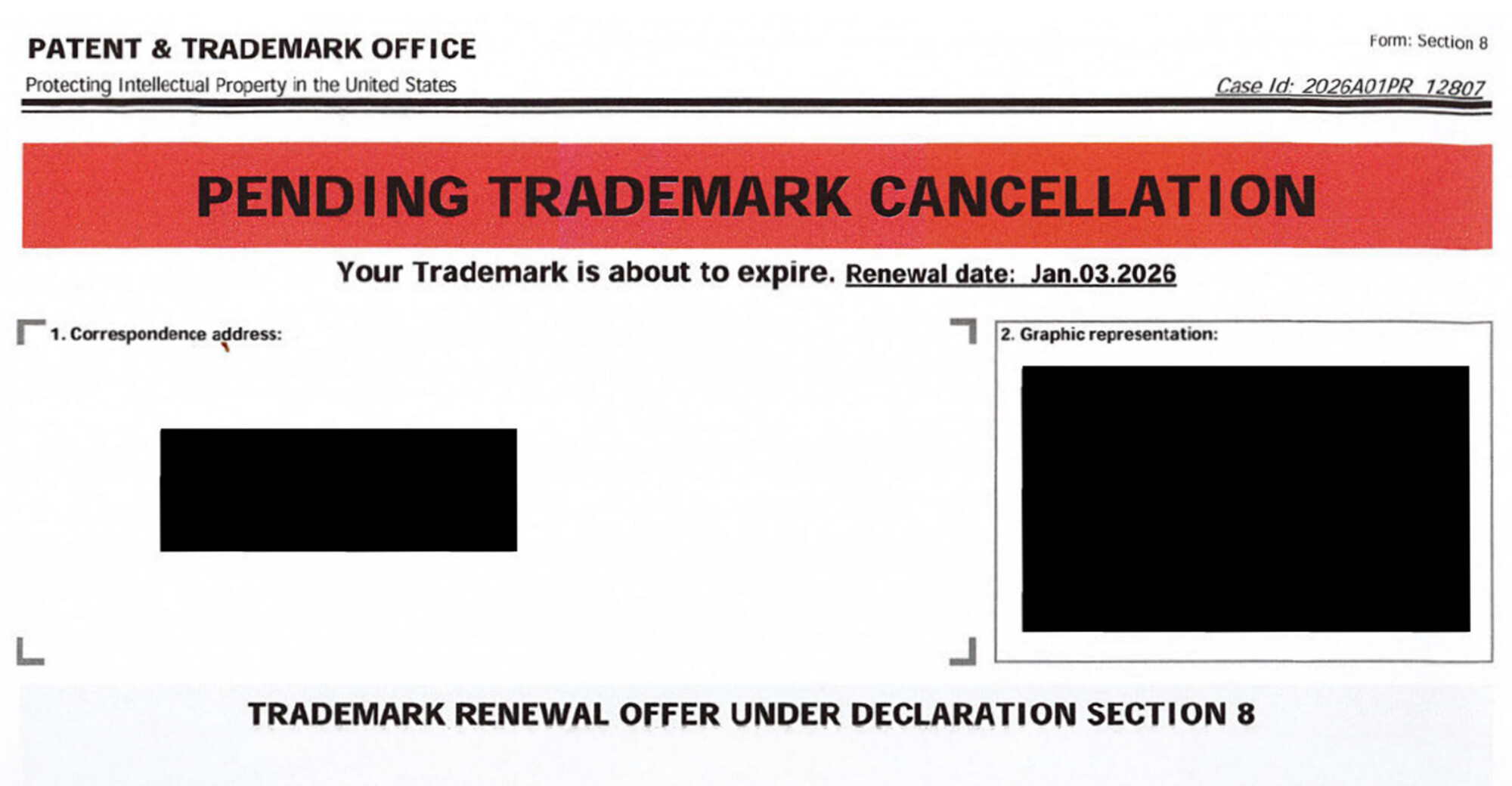
Folgers: The Best Part of Wakin’ Up
The best wake up songs. The best cups of coffee. The best part of wakin’ up.
In February 2014, a federal judge dismissed a class-action lawsuit against Whole Body Research, makers of a dietary supplement, Garcinia Cambogia, because plaintiff decided to dismiss the lawsuit. The complaint, which was originally filed in 2013, alleged that, among other things, the company represented that the supplement is recommended by an independent reporting and ratings service entitled “Consumer’s Guides” when, in reality, the same person owns both the “Consumer Guides” and the company that provides the dietary supplements. In addition, plaintiffs claimed that the company advertises the supplement as providing health benefits – such as burning fat and assisting with weight loss – without clinical evidence to support such claims. It cannot be determined why plaintiff dismissed the lawsuit. (Hoffman et al v. Clemens, Altern Marketing, LLC, and Whole Body Research, LLC, Case No. 13-cv-07924, D. N.J.).
For more information about other class-action lawsuits regarding dietary supplements and TINA.org’s coverage of the issue, click here.
The best wake up songs. The best cups of coffee. The best part of wakin’ up.
Pulling back the curtain on this official-sounding website.
Can these “robot” puppies replace man’s best friend?
Can you actually work out without the work?
MADISON, CONN. Feb. 11, 2026 – A company calling itself “Patent & Trademark Office” is violating the FTC’s Impersonation Rule as well as the FTC Act by falsely posing as…



